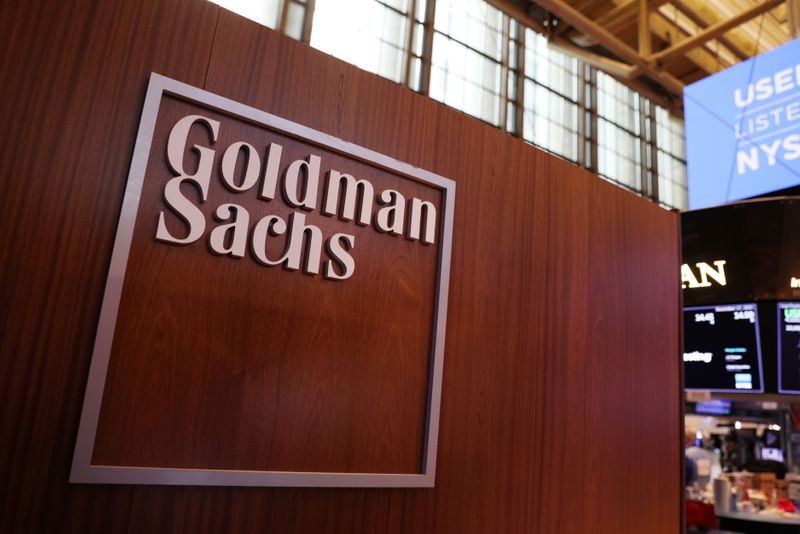Investing.com — Goldman Sachs noted the rising risk of a U.S. government shutdown following the House of Representatives’ rejection of a revised spending package and two-year debt limit suspension.
The bill failed in a 174-235 vote, with 38 Republicans opposing it and only two Democrats supporting it. With the current funding set to expire at midnight on December 20, the likelihood of missing the deadline has increased, according to Goldman Sachs.
The defeated spending package included a suspension of the debt limit until January 30, 2027, a provision that Goldman Sachs noted was a key sticking point.
“The revised package that failed to pass included a 2-year debt limit suspension (until Jan. 30, 2027). While this was one of many changes from the prior bipartisan agreement, it was likely the primary reason the bill failed,” the analysts explained.
The bank says that unless Republican lawmakers who opposed the bill reconsider their stance, President-elect Donald Trump’s insistence on including a debt-limit suspension could complicate efforts to avoid a shutdown.
Despite the setback, Goldman Sachs remains cautiously optimistic. “Congress has managed to pass last-minute extensions before, and the upcoming recess is likely to motivate lawmakers to reach a deal soon,” the analysts wrote, adding that “a protracted shutdown still appears unlikely.”
Two potential paths forward were highlighted by Goldman Sachs: Congress could pass a short-term spending extension, delaying the debt-limit debate until a later date, or Republicans could negotiate with Democrats to pass a debt-limit increase tied to new policy concessions.
While the debt limit will technically be reinstated on January 2, 2025, Goldman Sachs estimates the Treasury will have sufficient resources to meet its obligations until the third quarter of next year.
“We continue to think a protracted shutdown will be avoided,” said the bank.

